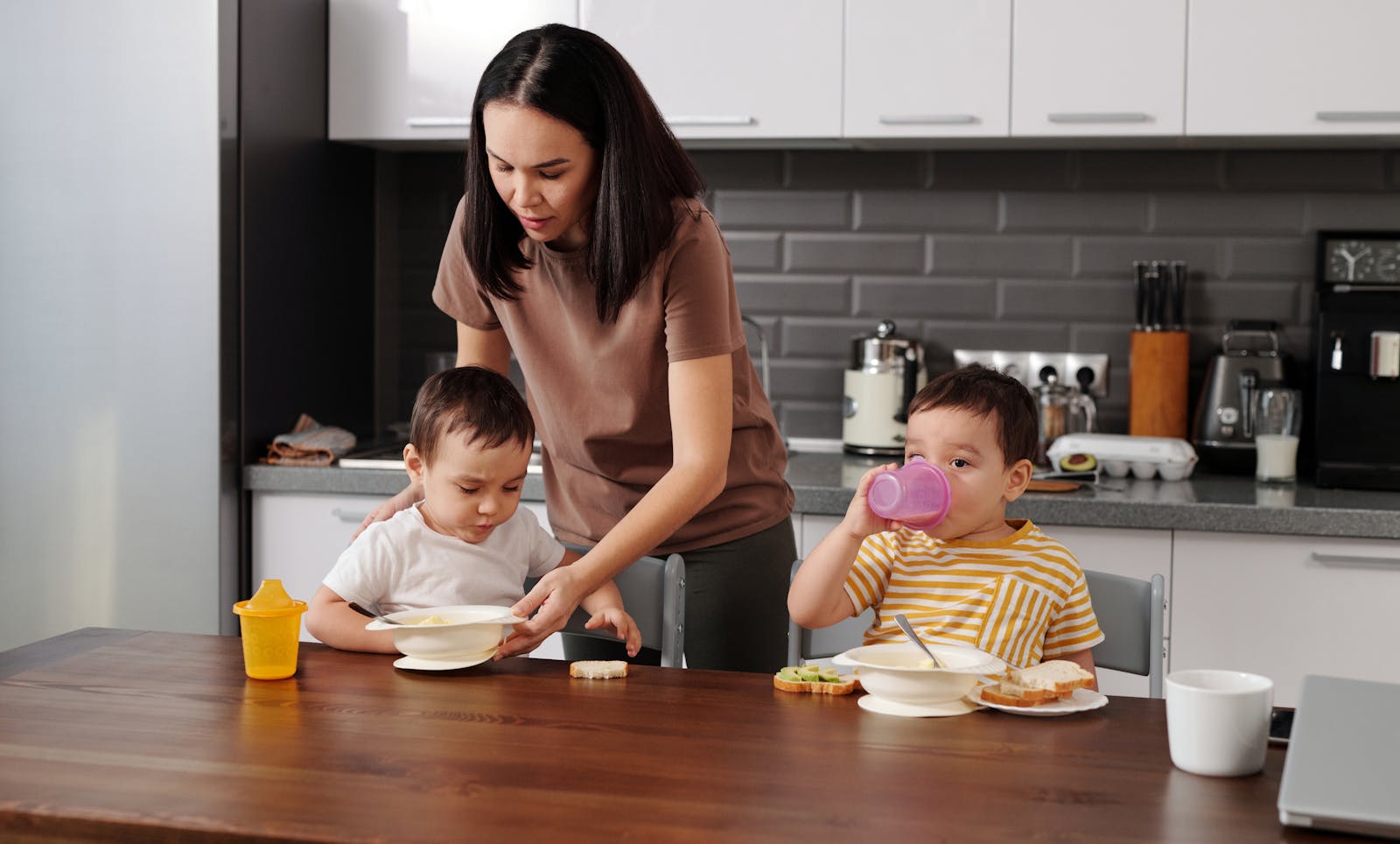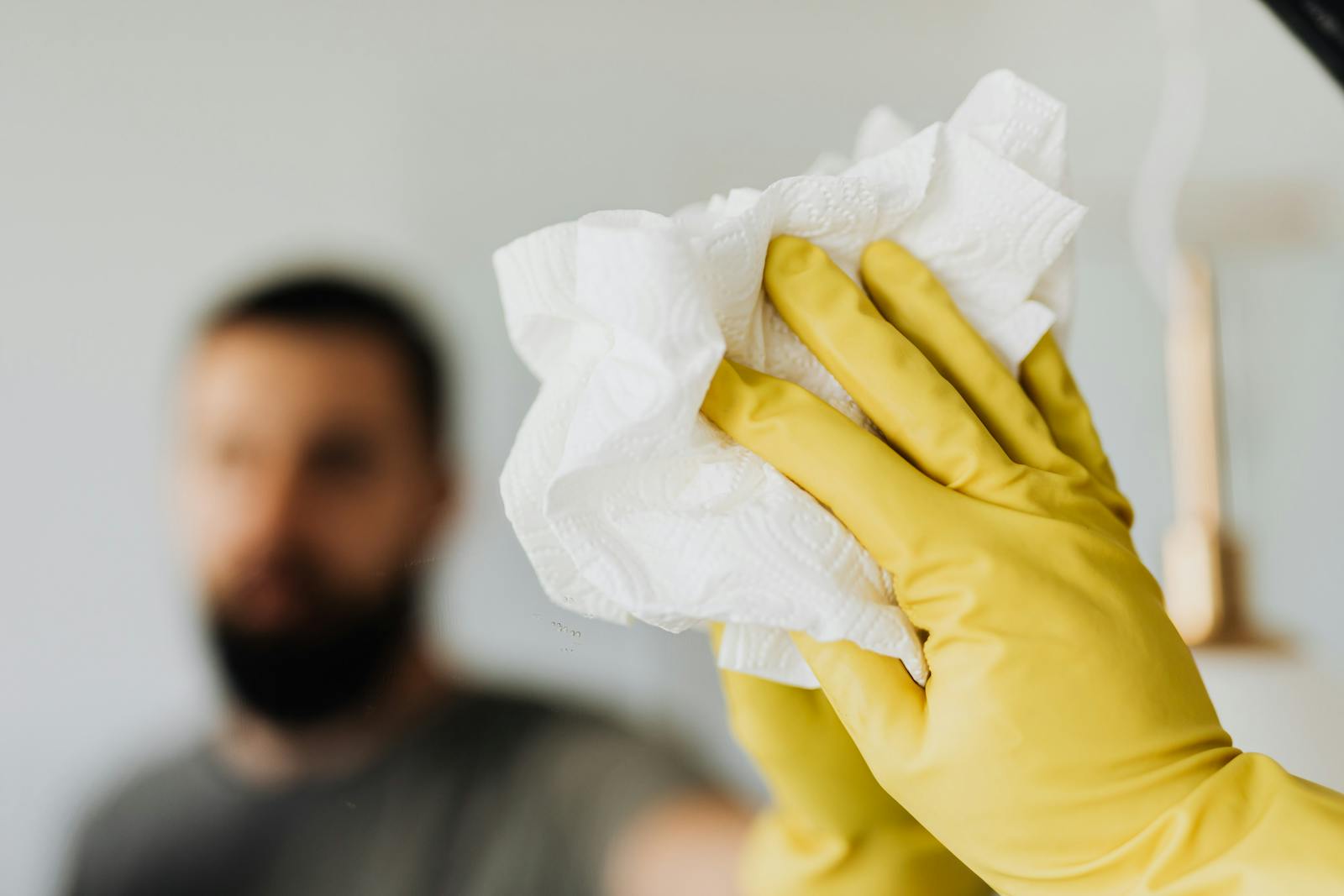
The Evolving Landscape of Child-Care Responsibilities for Housekeepers in 2024
In the tapestry of modern family life, the role of the housekeeper has evolved significantly. Once primarily focused on cleaning and maintaining the household, today’s housekeepers often find themselves intricately involved in the fabric of child care.
This shift reflects broader societal changes, including the rise of dual-income households and the increasing complexity of managing work-life balance. As families seek to navigate the demands of modern life, Responsibilities for Housekeepers are stepping into roles that blur the lines between domestic support and child-rearing, becoming integral to the upbringing and care of children within the home.
- Historical Perspective: Housekeepers and Child-Care Responsibilities for Housekeepers
- The Modern Responsibilities for Housekeepers: Beyond Cleaning and Cooking
- Understanding the Legal Implications of Child-Care Duties for Housekeepers
- Training and Qualifications: Preparing Housekeepers for Child-Care Tasks
- Balancing Act: Housekeeping and Child-Care in Dual-Working Households
- Safety First: Ensuring Child Welfare in the Hands of Housekeepers
- The Emotional Bond: Nurturing Relationships Between Housekeepers and Children
- Navigating Challenges: Housekeepers Managing Children with Special Needs
- Cultural Sensitivity and Child-Care: Adapting to Diverse Family Dynamics
- Technology and Child-Care: How Housekeepers are Using Tech to Connect and Educate
- The Future of Housekeeping: Predicting the Evolution of Child-Care Responsibilities
Historical Perspective: Housekeepers and Child-Care Responsibilities for Housekeepers
Historically, the responsibilities of housekeepers were clear-cut, revolving around the upkeep of the home. However, even in the past, there were instances where the lines between housekeeping and child care blurred, particularly in affluent households where governesses or nannies were employed alongside housekeepers. Over time, as social norms and economic conditions shifted, the role of the housekeeper began to change. The post-war era, with its economic boom and the rise of the middle class, saw an increase in the demand for domestic help, which often included child-care duties. This trend has continued, with housekeepers increasingly taking on roles that support the family unit more holistically.

The Modern Responsibilities for Housekeepers: Beyond Cleaning and Cooking
Today’s housekeepers are often expected to possess a versatile skill set that extends far beyond traditional cleaning and cooking tasks. They may be asked to engage in educational activities, transport children to and from school or extracurricular activities, and provide emotional support. In some households, housekeepers play a role akin to that of a family member, deeply involved in the children’s daily lives.
This shift has led to a redefinition of the profession, with a greater emphasis on interpersonal skills and child development knowledge.
Understanding the Legal Implications of Child-Care Duties for Housekeepers
As housekeepers take on more child-care responsibilities, it is crucial to understand the legal implications of this expanded role. Employment contracts must be clear about the scope of work, including any child-care duties, to protect both the employer and the employee. There are also legal considerations regarding working hours, overtime compensation, and liability in the event of an accident or injury. Employers must ensure that their housekeepers are legally permitted to work with children and that they comply with all relevant labor laws and regulations.
Training and Qualifications: Preparing Housekeepers for Child-Care Tasks
Given the increasing child-care responsibilities, housekeepers may require additional training and qualifications. This could include courses in early childhood education, first aid and CPR certification, and training in child psychology and behavior management.
Such qualifications not only enhance the housekeeper’s ability to provide quality care but also increase their employability and potential for higher wages. Employers should consider investing in their housekeepers’ professional development to ensure a high standard of care for their children.
Balancing Act: Housekeeping and Child-Care in Dual-Working Households
In dual-working households, the balance between housekeeping and child-care can be particularly challenging. Housekeepers must juggle cleaning, meal preparation, and other domestic tasks with the demands of child-care, often requiring exceptional time management and prioritization skills. Employers should recognize the complexity of these dual roles and provide clear guidelines and support to help housekeepers manage their responsibilities effectively.
Safety First: Ensuring Child Welfare in the Hands of Housekeepers
The safety and welfare of children are paramount when they are under the care of a housekeeper. Employers must ensure that their housekeepers are knowledgeable about child safety protocols, including emergency procedures, safe food handling, and the secure administration of any necessary medications. Regular safety audits and discussions can help maintain a secure environment for children.
The Emotional Bond: Nurturing Relationships Between Housekeepers and Children
The relationship between housekeepers and the children they care for can be profound, often characterized by a deep emotional bond. Housekeepers may become confidantes, role models, and even surrogate family members. This bond can have a significant impact on a child’s emotional development and well-being. It is important for employers to recognize and respect this relationship, ensuring that it is nurtured in a healthy and professional manner.
Navigating Challenges: Housekeepers Managing Children with Special Needs
Housekeepers caring for children with special needs face unique challenges that require specialized knowledge and skills. It is essential for these housekeepers to have a comprehensive understanding of the child’s condition, as well as the ability to adapt care and communication methods accordingly. Employers should provide access to resources and support systems that can assist housekeepers in this important work.
Cultural Sensitivity and Child-Care: Adapting to Diverse Family Dynamics
In our increasingly globalized world, housekeepers often work in culturally diverse households. Cultural sensitivity is crucial in providing child-care that respects the family’s values, traditions, and parenting practices. Housekeepers must be adaptable and open-minded, with a willingness to learn and embrace different cultural norms.
Technology and Child-Care: How Housekeepers are Using Tech to Connect and Educate
Technology has become an indispensable tool for housekeepers in child-care. From educational apps to virtual playdates, housekeepers are leveraging technology to enhance children’s learning experiences and maintain connections with busy parents. It is important for housekeepers to stay abreast of the latest technological trends and to use these tools responsibly and effectively.
The Future of Housekeeping: Predicting the Evolution of Child-Care Responsibilities
Looking ahead, the role of the housekeeper in child-care is likely to continue evolving. As families’ needs change and new technologies emerge, housekeepers will adapt and develop new skills. We may see a greater emphasis on early childhood education within housekeeping roles, as well as the integration of smart home technology into daily routines. The future promises a continued reimagining of the housekeeper’s role, with child care remaining a central and valued component.
In conclusion, the landscape of child-care responsibilities for housekeepers is a dynamic one, shaped by historical trends, legal frameworks, and the ever-changing needs of modern families. As society progresses, so too will the expectations and qualifications of those entrusted with the care of our youngest members. Housekeepers who embrace this evolution will find themselves at the heart of family life, playing a pivotal role in shaping the future generation.
Read more on our blog



